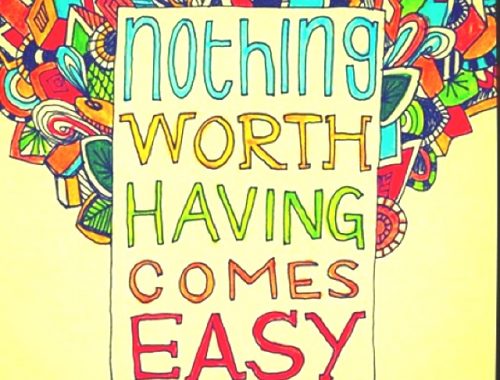
I Was Just… A Voice.
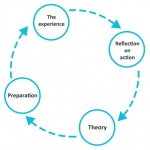
University. Work experience. Independence. Oh, isn’t it so exciting!? But, does that mean it didn’t have its challenges? The answer is simple, everything has its challenges, even the job you love will have hurdles you need to jump! Having finished my placement at Blast106FM and coming to the end of my time here at Queen’s University, I need to ask myself about the challenges I faced in my work experience, and how I can better these for when I get an actual job in this type of work. The Integrated Reflective Cycle will let me review what happened, what I learned and how I felt about it but it will also let me explore what I could do differently next time.
The Experience

During my radio placement, as much as I loved being on the radio and learning about presenting, I was going through a really rough bit in my personal life. Not to get all soppy but my boyfriend broke up with me, after three years and it was out of nowhere, so I was not expecting it! But, that’s when it struck me. It is so incredibly difficult to sound happy when you’re not. It was extremely tough from the middle of November to the end of my placement. Radio had that extra challenge because everything relied on the voice, the enthusiasm and most importantly the engagement with the audience. I couldn’t rely on smiling, or hand movements, because no one could see me. I was just… a voice.
Reflection on Action
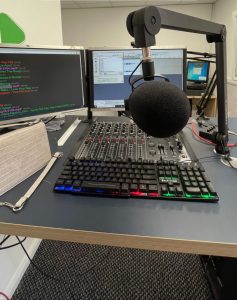
The consequences of me not being in good form in my personal life was plainly that I wasn’t trying as hard as I could have or should have, it felt as though my 10am-1pm show was slipping which was no fault but my own. Doing basic tasks never mind present a radio station as an extra was a struggle for me and this was not a good way to build a relationship with the other presenters or owners whether they realised a difference in my shows or not, I knew I was letting myself and the station down. According to Peter Stewart and Ray Alexander I need to be aware of what I am putting online, I need to remember that potential employers could see or hear me, being on top of my game in every show is SO important as it could connect me with the potential employers and get me where I want to be, so I knew I definitely needed to find a way around my bad days (Stewart & Alexander, 2016).
With radio, the listener absorbs everything.
Bob Edwards
Theory

I’ve learnt that difficult days become a motivator for the future. When times are tough, we see the importance in evaluating our goals. This re-focusing is a very important part of keeping on track and developing as a person and as a radio presenter (Barton, 2006). This was the point where I knew I needed to prepare more and that I really needed to draw a line between work and my personal life. We all know sometimes life can become a little overwhelming and being in placement was a learning curve anyway, so I tried not to beat myself up too much over it because I’ll be able to take this into the real world with me! I will need to work on always sounding passionate and maybe in a weird way over do the enthusiasm on the days I’m not feeling all too great. I believe once I get more confident with being on air, I’ll be able to just switch it on and it will come second nature instead of having to think about how my voice is sounding, so it won’t impact my show. Practice, practice, practice!
Preparation

I am so pleased to say my work experience kept me on as the radio presenter for Blast @ Work so I have an opportunity now to prepare and continue to better myself and so, next time I feel like this I will prepare properly before my shows. I need to divide this problem into smaller pieces to make it achievable for me. When something goes wrong, I can be really hard on myself, so I need to learn to stay level headed. With having a radio show and a lot of talking being involved I will start by writing out exactly what I want to say in my show, this way I will only need to focus on how my voice is being interpreted across the platform, because if I’m struggling to find the words to say then I’ll be more focused on that than if I sound engaging to the audience. Before recording I will listen to the radio or to my Spotify because music will and always will be able to cheer me up which will then project onto my show. While all of this will help, I think the best strategy to use would just be to ask for advice. Advice on how to overcome the bad days on radio or when you’re not feeling as engaging as you should be, this will further improve my confidence in communicating in the work place, which is a skill we all need to have. Everyone has bad days but it’s about separating that from work and making sure your job doesn’t suffer because of that!
I may be just a voice on the radio to some people, but to me I’m the voice people wake up to, I’m the voice people hear when they’re driving to work, I’m the voice introducing someones favourite song, and honestly I think that’s pretty amazing.
Bibliography
Barton, G., 2006. Tough Calls. In: Don’t Get a Job… Make a Job. London: Laurence King Publishing, pp. 70-77.
Stewart, P. & Alexander, R., 2016. Do You Want the Job?. In: Broadcast Journalism. London: Routledge, pp. 3-10.
You May Also Like
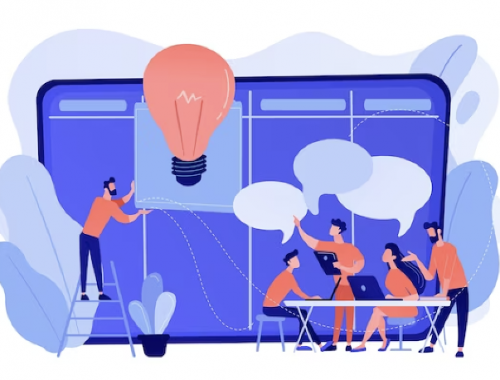
Keep On Keeping On – Bouncing Back From Disappointment
14 April 2023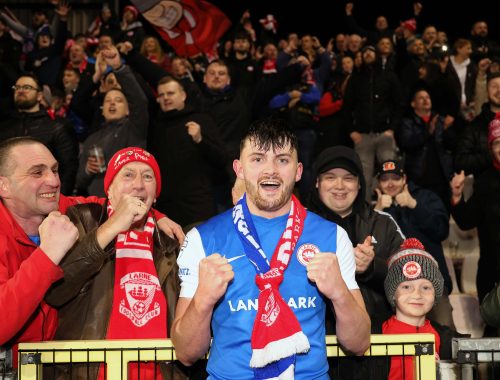
From Volunteer Videographer to Lead Graphic Designer: My Reflective Journey at Larne FC
18 April 2023